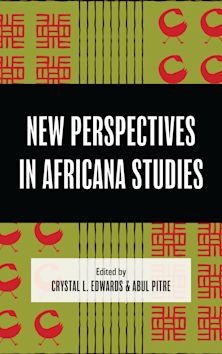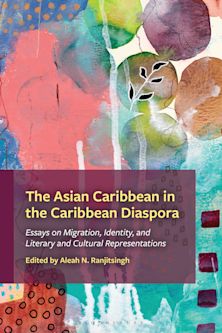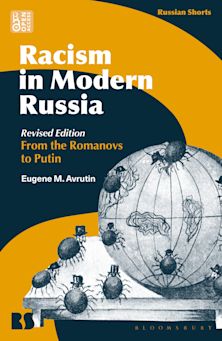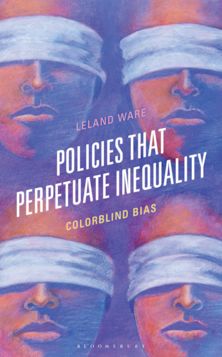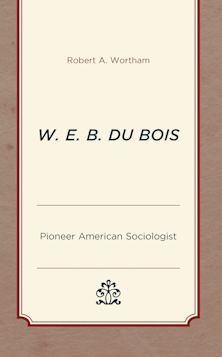- Home
- ACADEMIC
- Politics & International Relations
- Race and Ethnicity
- Performing Black Masculinity
This product is usually dispatched within 3 days
- Delivery and returns info
-
Free US delivery on orders $35 or over
You must sign in to add this item to your wishlist. Please sign in or create an account
Description
This is a remarkable set of linked essays on the African American male experience. Alexander picks a number of settings that highlight Black male interaction, sexuality, and identity_the student-teacher interaction, the black barbershop, drag queen performances, the funeral eulogy. From these he builds a theory of Black masculine identity using auto-ethnography and ideas of performance as his base.
Table of Contents
2 Crossing Borders and Changing Customs: Moments When the Spectator Becomes the Spectacle
3 Placement and Displacement of Black Identity: The Case of Migration across Borders from Campus to Community
4 Passing, Cultural Performance and Individual Agency: Performative Reflections on Black Masculine Identity
5 (Re) Visioning the Ethnographic Site: Interpretive Ethnography, Performing Drag, and Feminist Pedagogy
6 Fading, Twisting, and Weaving: An Interpretive Ethnography of the Black Barbershop/Salon as Cultural Space
7 "Were/Are, Fort/Da": The Eulogy as Constitutive (Auto)biography (or, Traveling to Coalesce a Public Memory)
Product details
| Published | Jul 21 2006 |
|---|---|
| Format | Paperback |
| Edition | 1st |
| Extent | 282 |
| ISBN | 9780759109292 |
| Imprint | AltaMira Press |
| Dimensions | 9 x 7 inches |
| Series | Crossroads in Qualitative Inquiry |
| Publisher | Bloomsbury Publishing |
About the contributors
Reviews
-
This is a vastly important book. In every chapter, the rich theoretical breadth of Alexanders's radically interdisciplinary thinking is meaningfully linked to a multi-sited ethnography and politics of human experience. Theory and practice are merged in Performing Black Masculinity to deepen and illuminate the "everyday" particularly the hidden complexities of race, sexuality and economies of belonging. This work is personal and political offering fresh, new insights to the relevance of autoethnography as a method of critical reflexivity that at its best is always already contesting both the small and the large machinations of injustice.
Soyini Madison, Professor of Communications, University of North Carolina, Chapel-Hill
-
Bryant Alexander deftly examines intersections of race, gender and sexuality, performance, and spectatorship, as these emerge in everyday life, in the classroom, in tourism, public discourse, and in academic writing. He explores the intimate connections between lived experience, ethnographic methods, and cultural critique in new and compelling ways. This heartfelt and learned book makes important contributions to African American, performance, communication and cultural studies. Intercultural and interpersonal communication, communication education and critical pedagogy, and critical race, gender, and sexuality studies will also benefit from his moving and thoughtful analyses.
Judith Hamera, Professor of Communications, Texas A & M University












